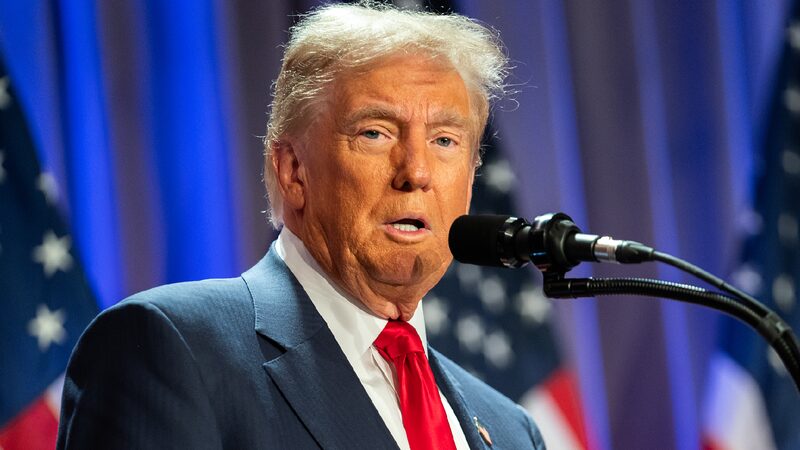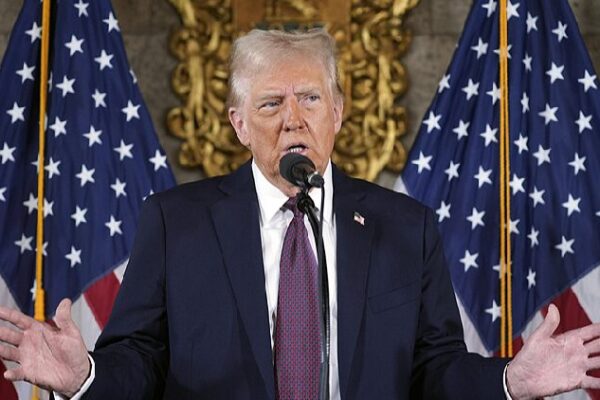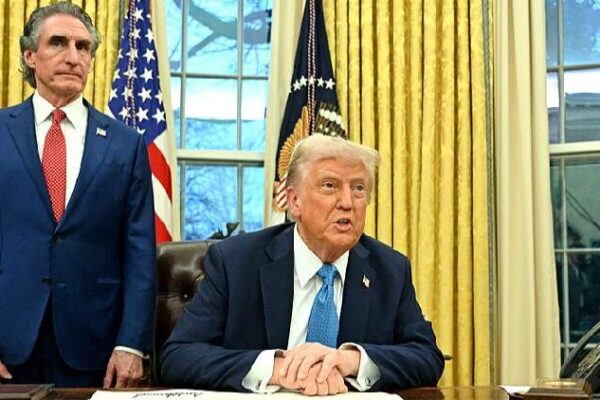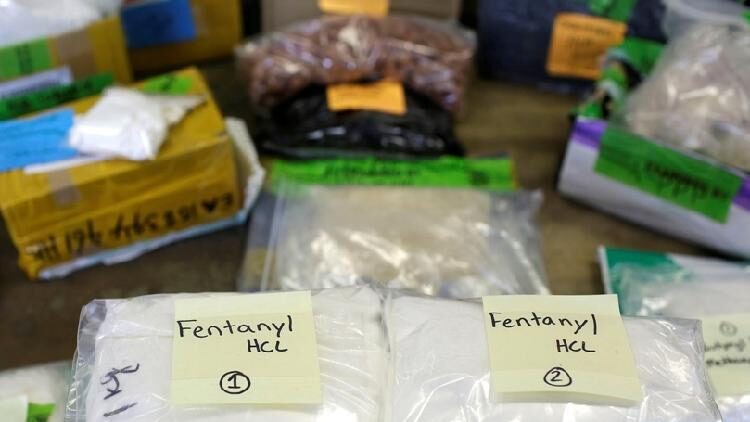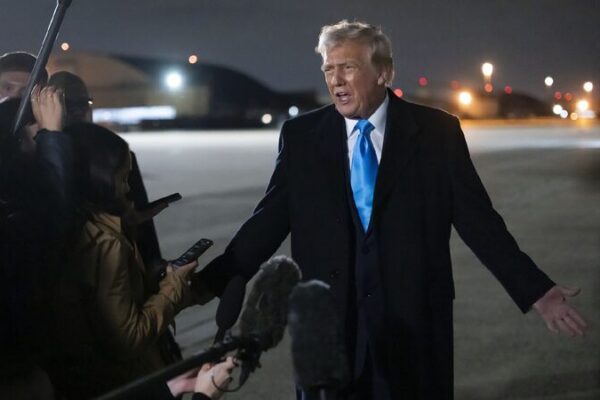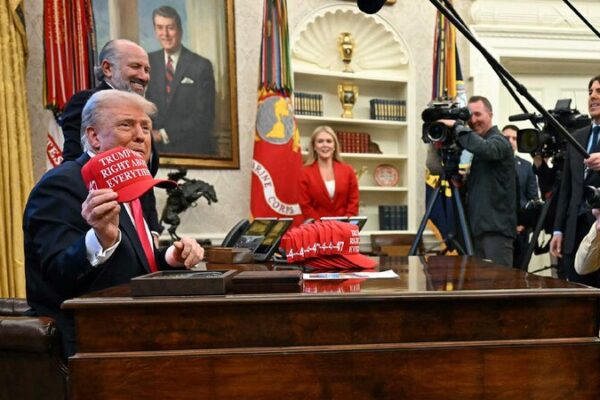China and Mexico have dismissed tariff threats from U.S. President-elect Donald Trump over fentanyl concerns, emphasizing the need for cooperation and mutual understanding to address the issue.
Trump announced he would impose a 25 percent tariff on all goods entering the United States from Canada and Mexico on his first day in office, stating that the tariffs would remain until the neighboring countries “solve” the issue of illegal migrants and drugs crossing their borders into the U.S. He also declared that the U.S. would be charging China an additional 10 percent tariff on all products entering the United States for its alleged failure to curb the flow of drugs into the country.
Liu Pengyu, spokesperson for the Chinese Embassy in the U.S., responded by highlighting China’s efforts in combating drug trafficking. “The Chinese side has notified the U.S. side of the progress made in law enforcement operations against narcotics,” Liu said on Tuesday. “All these prove that the idea of China knowingly allowing fentanyl precursors to flow into the United States runs completely counter to facts and reality.”
A Chinese Foreign Ministry spokesperson emphasized that China is one of the world’s toughest countries on counter-narcotics, both in policy and implementation. “As early as 2019, China officially scheduled all fentanyl-related substances. It is the first country in the world ever to do so,” the spokesperson noted, adding that China has carried out extensive and productive counter-narcotics cooperation with the U.S.
“China is ready to continue counter-narcotics cooperation with the U.S. on the basis of equality, mutual benefit, and mutual respect,” the spokesperson added.
Mexican President Claudia Sheinbaum also addressed the issue, reading out a letter she said she would send to Trump during a morning news conference on Tuesday. Sheinbaum asserted that neither threats nor tariffs would solve the “migration phenomenon” or drug consumption in the U.S., and that cooperation and mutual understanding were required instead.
She warned that if Trump proceeded with the tariffs, Mexico would retaliate by imposing its own taxes on U.S. imports, which could “put common enterprises at risk.”
Vanda Felbab-Brown, a senior fellow at the Brookings Institution and an expert on global drug policy, told The New York Times that imposing tariffs would not effectively address the flow of fentanyl. “In fact, it might undermine the counter-narcotics cooperation that the U.S. and China have been doing in 2024 and that came after no cooperation for over two years,” she said.
Both China and Mexico have called for continued dialogue and cooperation with the United States to effectively tackle the issues of drug trafficking and illegal migration, emphasizing that mutual respect and collaborative efforts are essential for meaningful progress.
Reference(s):
China, Mexico refute Trump's fentanyl-related tariff threats
cgtn.com
